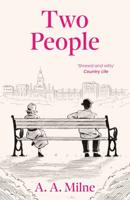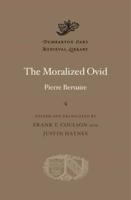Publisher's Synopsis
Flash and Crash Days: Brazilian Theater in the Post-Dictatorship Period deals with the theater produced in Brazil during the 1980s and 1990s, especially postmodernist directors, women playwrights, and theater companies. It attempts to answer the following questions: Did the thriving stage of the 1950s and 60s wither during the reign of terror in the early 1970s, unleashed in the wake of the 1968 state of siege declared by the generals? Did the return to civilian government fail to create conditions for a new theater? A cursory glance at what little U.S. commentary on Brazilian theater has appeared in recent years could well lead one to answer all of the above questions in the affirmative. Scholars beyond Brazil's borders appear to have bonded with those individuals and companies which contested and then fell victim to repression in the 1960s and 1970s. So pervasive is this scholarly trend that a vacuum, an empty stage has been created. There seems to be an unstated assumption that theater in Brazil thrives only under repression and dictatorship. It is an illusory vacuum. Flash and Crash Days examines how the absence of censorship, on the one hand, and the exigencies of protest and ideological purity on the other, have given rise to a variety of theatrical modes which Brazil has never experienced in the past, allowing all voices the opportunity to be heard in the marketplace of artistic ideas: women's perspectives, particularly those expressed by playwrights; sexual identity, including gender construction and gay perspectives; psychological issues; the individual in society; religion; formal experimentation











